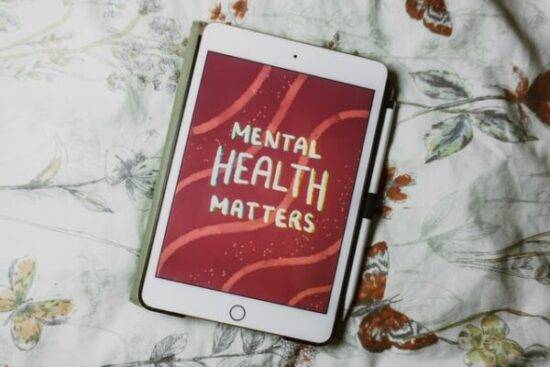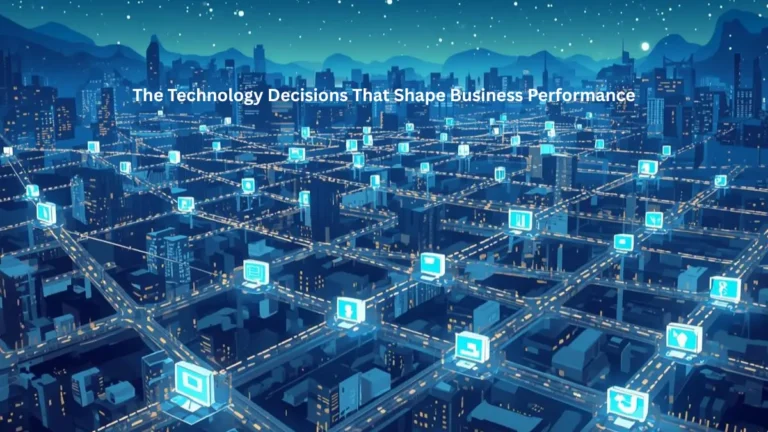Today mental healthcare has changed a lot and started implementing the latest tech trends for more accurate diagnosis and efficient treatment. Recent changes were caused by the pandemic all around the world that made impossible in-person visits to doctors and holding the mental diseases treatment in hospitals if the patients are not infected by Covid-19. Thanks to modern digital tools, mental health treatment became possible and not less efficient without even leaving home. Moreover, one of the coronavirus side effects is depression and as a result suicidal tendencies. This fact forced hospitals and clinicians to look for other ways of effective mental health treatment. 14% of Americans struggle with anxiety and other mental illnesses in connection with the long-term and strict quarantine. So here are the top digital tools for mental healthcare that were implemented into clinics for qualified mental healthcare according to the current pandemic situation.
Telemedecine
This digital tool is related to turning in-person visits to psychiatrists online. There are two main reasons why patients could not visit their doctors:
- risk of being infected by Covid-19 that can worsen the mental health state;
- occupancy of all doctors in connection with the vast number of infected patients who need urgent help.
Telemedicine is a virtual version of visiting doctors, determining the diagnosis and prescribing treatment. Patients do not need special gadgets as telemedicine is available via smartphone, tablet or computer. It is usually connected to an internal hospital system where all patient and treatment data is recorded. Telemedicine or telepsychiatry provides the same level of consultation and treatment as if you visited your doctor in the hospital but it’s more convenient and lowers risks of being infected by Covid-19 that is actually like never before.
Mindfulness apps
Modern people of all ages remain in stress on a constant basis. Meditation apps are great tools to relieve stress and free mind for several minutes. Meditation sessions usually take from 5 to 20 minutes and require regularity for an efficient result.The variety of mindfulness applications is vast and each of them offers different kinds of meditation like calming music, calming music with affirmation voiced by other people, sounds of nature, etc.
Meditation apps are also supposed to be digital self-helpers for people who suffer from anxiety and depression. They partially replace real consultation with psychiatrists and positively influence patients` mental health.
Remote health monitoring
Along with mental healthcare applications, psychiatric clinics provide wearable devices for remote treatment that is required due to the pandemic. Using bracelets, rings or watches, doctors can monitor the patient’s state like blood pressures, heart rate, pulse, etc. Then, this data is recorded and sent to the hospital database. Due to data analytics and reports, doctors can check the patient’s mental state through these indicators and provide consultation assistance in case of emergency remotely.
Text therapy
Text therapy is one of the branches of telepsychiatry that has recently started to grow. The point is that patients do not need to talk to a doctor or support group as sometimes it can be quite challenging for people who have mental disease. Clinicians consider this therapy to be really effective and helpful. This way of treatment is not expensive as in-person consultation but patients get a highly professional text response. Clinical study has shown that about 90% of patients who tried text therapy felt mental health improvements for a quite short period of time.
M-health Apps
M-health apps are electronic health records tools that are accessible for clinicians and patients. This type of application provides a symptom tracker where patients enter data every day or hour, an online diary where patients write down what they feel during treatment, medication and consultation reminders, motivational phrases, etc. These applications are related to remote monitoring but patients have to enter data on their own. Thus, psychiatrists can analyze their information and adjust treatment in the right direction.
AI and Machine Learning
Artificial Intelligence tech is widely used in the healthcare industry for diverse purposes, one of which is mental disease treatment. This technology has several branches of applying for mental health improvements. Using wearable devices and AI technology, doctors can collect patients` data and analyze their mental state to determine what treatment they need. Moreover, AI and machine learning are applied for patients’ speech analysis. It is a brand new way of data analysis to detect accurate diagnosis and provide the required treatment to reach positive results as soon as possible. Of course, these technologies are challenging and expensive to implement into clinical internal systems but they can bring a real breakthrough into mental healthcare.
All in all, mental healthcare actively implements the latest technologies to provide more efficient and accurate mental disease treatment with the use of healthcare software solutions. In the era of pandemic, people require availability of remote treatment of any illness. You may think that mental diseases are impossible to detect and treat without in-person visits but today mental healthcare has fully changed this statement.
Digital Tools for Mental Healthcare, here at GBKSOFT, we have suggestive experience in developing custom applications for the healthcare industry that lets healthcare organizations adapt technologies for more efficient treatment. If you think that your ways of treatment need a digital transformation, then feel free to contact us for a consultation about your future healthcare software solution.
Also read about: How Robotic Process Automation in healthcare is redefining the overall sector?




